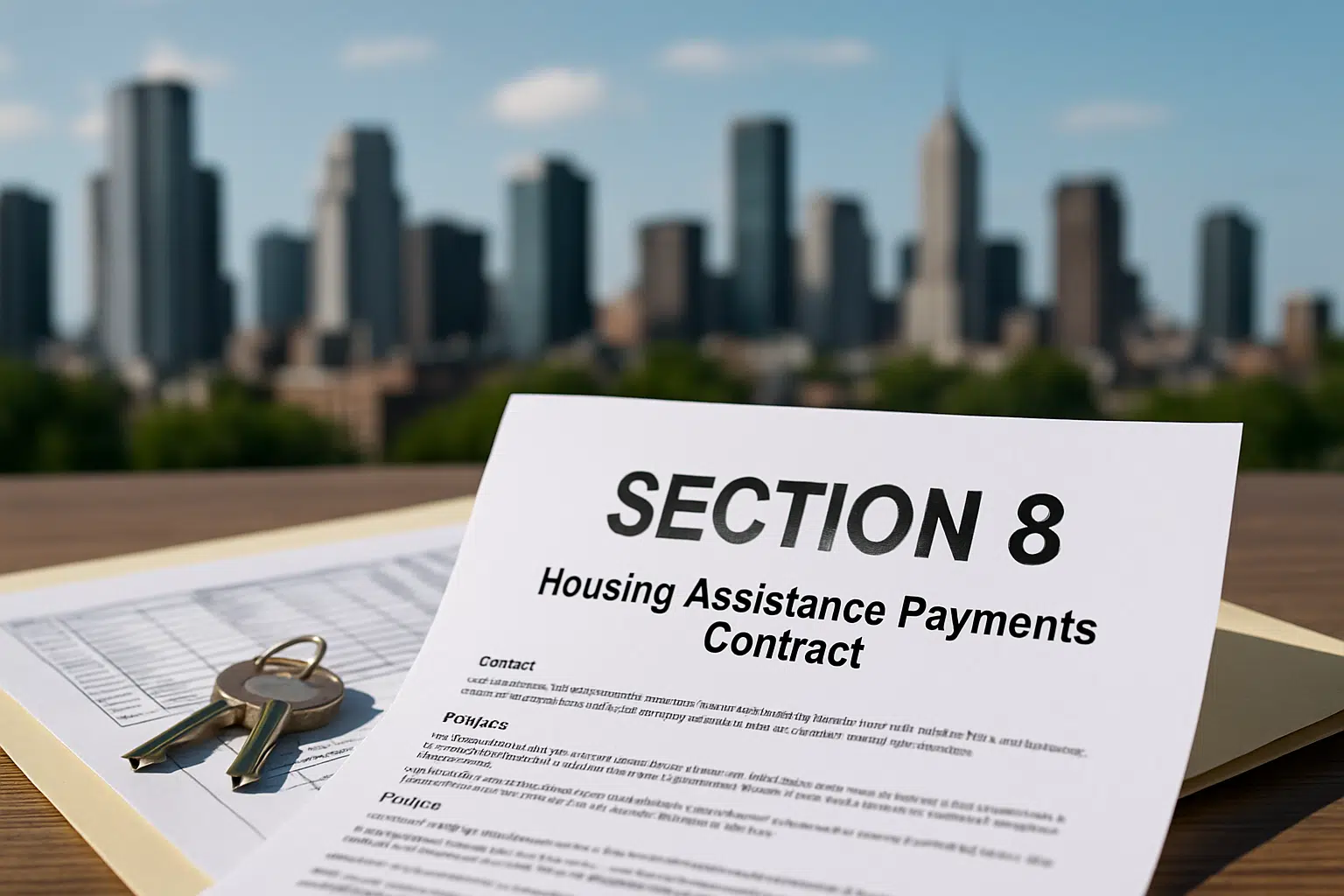Section 8 housing voucher recipients and landlords in multiple states are reporting delayed payments for May 2025. While the U.S. Department of Housing and Urban Development (HUD) has not issued a national alert, several local housing authorities and legal aid organizations have confirmed disruptions in the timing of Housing Choice Voucher disbursements.
Where are the delays happening?
Tenants and landlords in Guam, New York City, and parts of California have recently reported late payments or gaps in disbursement schedules.
- The Guam Housing and Urban Renewal Authority (GHURA) missed its standard May 1 payment date, according to local reports.
- In New York City, housing attorneys say delays have become more common, with payment gaps occasionally exceeding a week. These delays can create problems for tenants even if they are not at fault.
- In California, some local housing authorities have cited staffing shortages and documentation issues as causes for payment slowdowns.
What is causing the disruption?
Multiple factors appear to be driving the recent delays:
- Administrative backlogs: Many public housing authorities (PHAs) are short-staffed and facing internal processing delays due to employee turnover and high caseloads.
- Banking issues: Changes in tenant or landlord banking information can lead to failed deposits if not updated in time.
- Late recertification: If a tenant misses a deadline for submitting updated income or household information, their housing voucher may be temporarily paused.
- Timing mismatches: Some PHAs receive federal funds on different schedules than when payments are due to landlords.
In some cases, PHAs are choosing to hold payments until all paperwork is finalized, even when HUD funds are already available.
What are the risks for tenants?
Although landlords are required by law to accept housing vouchers, late payments can put tenants at risk of:
- Negative rent ledger balances
- Increased eviction threats
- Discrimination from landlords frustrated with delayed funds
In cities like New York, legal aid attorneys are warning that repeated delays may worsen housing instability, especially for tenants who cannot cover missed payments while waiting for PHA processing.
What tenants and landlords should do
Tenants:
- Submit all recertification paperwork on time.
- Confirm your banking information is current.
- Document any communications with your PHA or landlord.
- Contact legal aid if threatened with eviction for payment delays not caused by you.
Landlords:
- Monitor the PHA’s official payment schedule and check for any posted notices or delays.
- Refrain from charging late fees or initiating eviction proceedings if the delay is tied to voucher processing.
- Communicate with tenants about timelines and seek clarification from housing officials if needed.
What’s next for the Section 8 program?
HUD increased overall funding for Housing Choice Vouchers in 2025, but PHAs continue to face operational constraints. Additionally, Emergency Housing Vouchers (issued during the pandemic) are being phased out, placing more pressure on traditional Section 8 funding.
Policy analysts warn that further federal budget cuts could limit HUD’s ability to support PHAs and maintain timely payment systems. Advocates are urging Congress to increase staffing and administrative funding for local housing authorities to prevent future delays.
